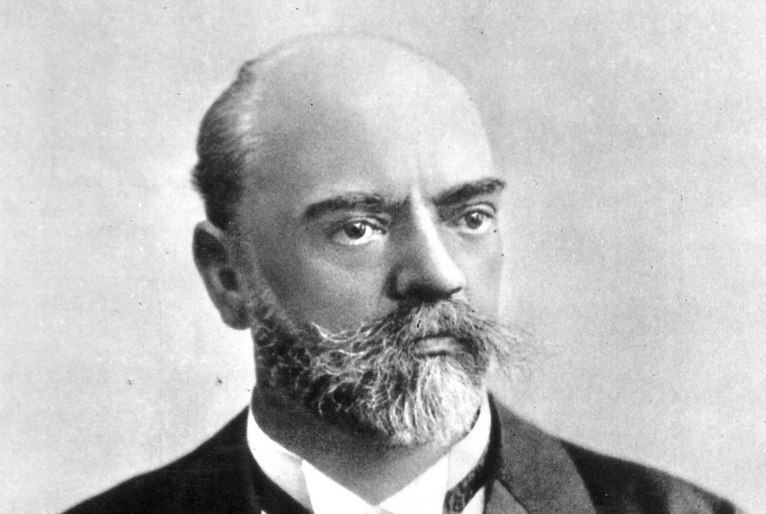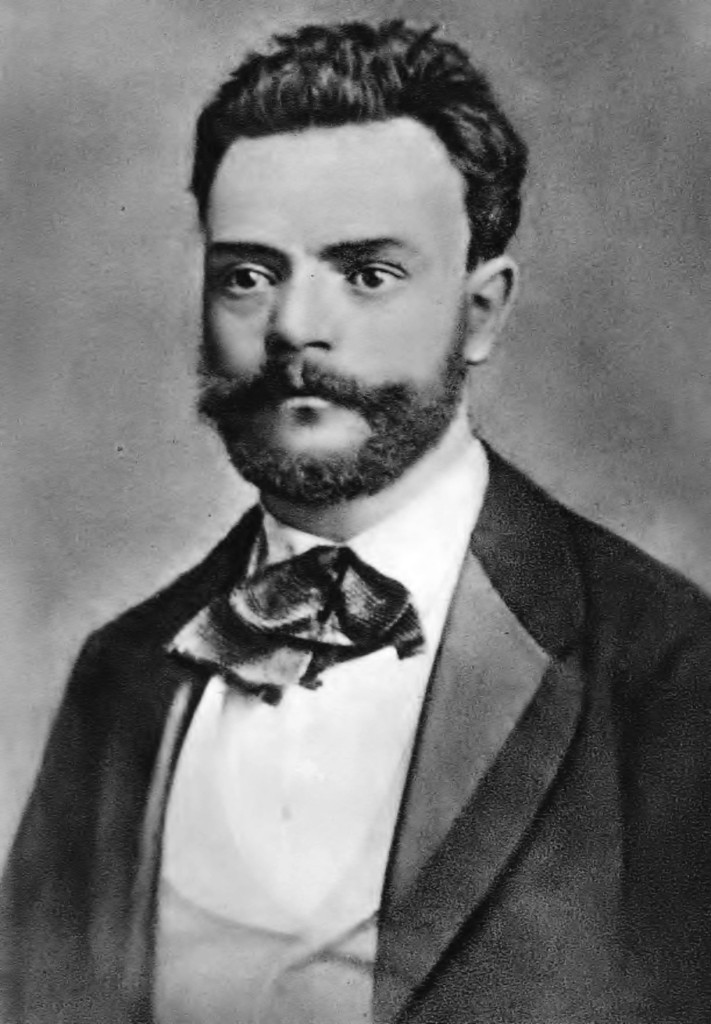Antonín Dvořák, a Czech composer of the late Romantic era, left an indelible mark on the world of classical music. Here are ten fascinating facts about this musical luminary:
- Bohemian Roots:
Antonín Leopold Dvořák was born on September 8, 1841, in Nelahozeves, a village near Prague in what was then the Austrian Empire. He hailed from a humble background, his father being a butcher and innkeeper. His early life in the picturesque Bohemian countryside would later influence his compositions.
- Musical Prodigy:
Dvořák displayed an early aptitude for music. His talent was recognized by his village schoolmaster and then by his father, who arranged for his education in music. At the age of 16, he left home to study at the Prague Organ School, where his exceptional skills in composition and performance began to flourish.
- Humility in Success:
Despite achieving international acclaim, Dvořák remained modest. His fame grew rapidly, especially after winning the Austrian State Stipendium in 1874. However, he continued to live a simple life, valuing his Bohemian roots and drawing inspiration from folk music.
- Slavic Nationalism:
Dvořák was a prominent advocate of Slavic nationalism in music. His compositions often incorporated elements of Czech folk music, which helped to define his distinct musical voice. He sought to create a national style of music that would be uniquely Bohemian and Slavic.
- Influence of Folk Music:
Dvořák’s interest in folk music extended beyond his native Czech Republic. During his tenure in the United States, he explored African American and Native American music, incorporating these influences into his compositions. His “New World Symphony” is a prime example of this cross-cultural musical exploration.
- American Interlude:
From 1892 to 1895, Dvořák served as the director of the National Conservatory of Music in New York City. This American sojourn was a pivotal period in his career. He encountered African American and Native American melodies, which left an indelible mark on his later works.
- Master of Melody:
Dvořák was celebrated for his gift of melody. His compositions are known for their lyrical beauty and emotional depth. This melodic prowess, coupled with his innovative harmonies and orchestration, secured his place among the great Romantic composers.
- Operatic Ventures:
Although Dvořák is primarily renowned for his symphonic and chamber music, he also ventured into the realm of opera. His operas, including “Rusalka” and “The Jacobin,” showcase his ability to infuse dramatic storytelling with his distinctive musical language.
- Friendship with Brahms:
Dvořák formed a close friendship with the renowned German composer Johannes Brahms. Brahms recognized Dvořák’s talent early on and played a crucial role in helping him gain recognition in the broader European musical scene. Their camaraderie is evident in the mutual admiration expressed in their correspondence.
- Legacy and Recognition:
Antonín Dvořák’s legacy endures through his rich musical contributions. His compositions, ranging from symphonies and chamber music to operas, continue to captivate audiences worldwide. Dvořák’s impact on the development of Czech music and his role in bridging cultural influences make him a revered figure in the history of classical music.


Comments are closed